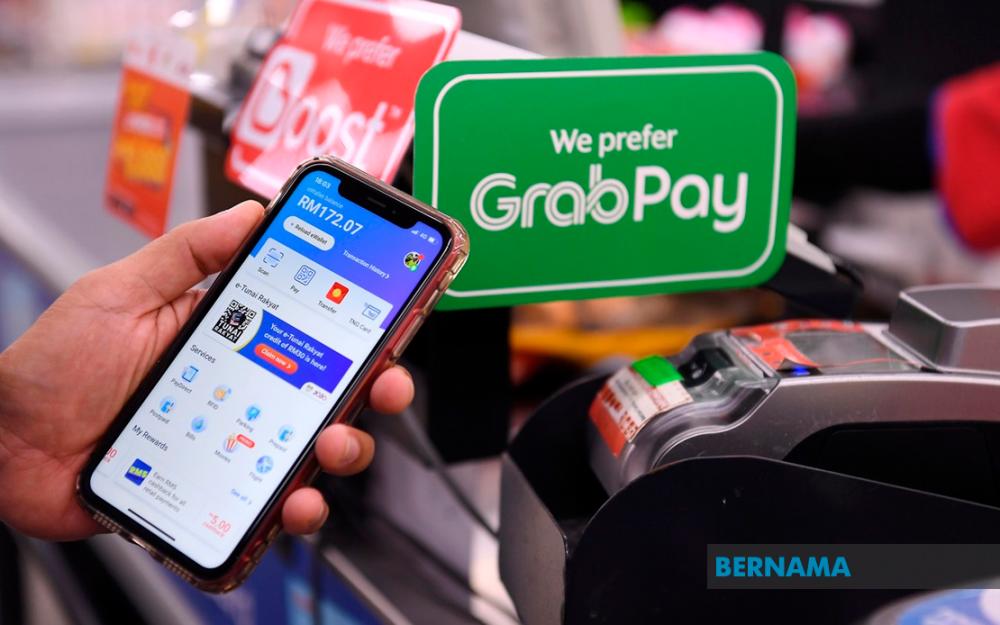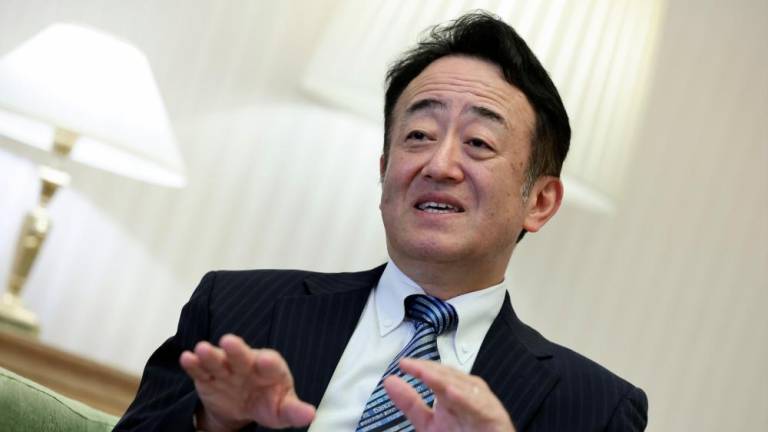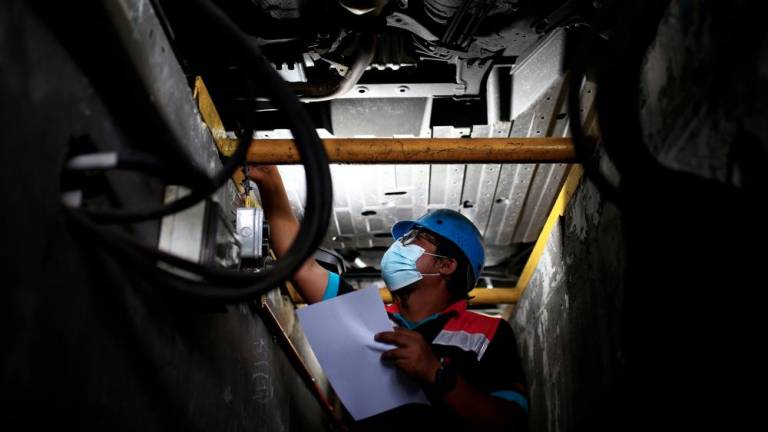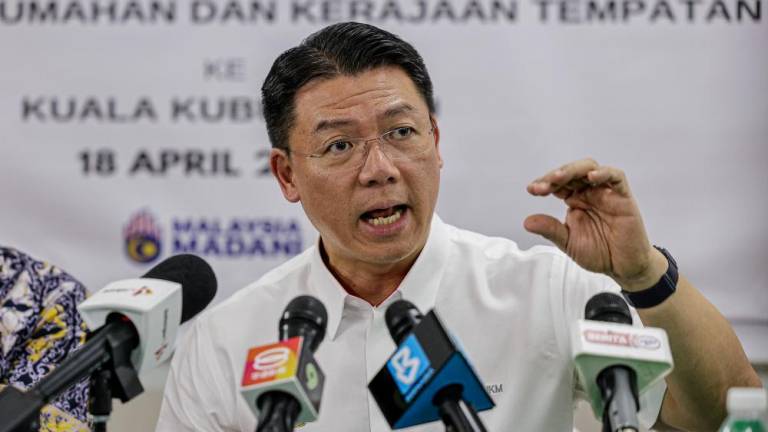PETALING JAYA: Abdullah Raziq Zulkofili runs a fairly good business selling roast chicken rice at a stall in Mutiara Damansara here.
However, very few of his customers pay for their lunch or dinner in cash. Instead, they whip out their smartphones when given the bill, and transfer the required sum of money to his bank account.
Mohamed Nakhoe Saidin, who runs a burger stall in SS19, Subang Jaya, has taken it a step further. He accepts payment through Touch ‘n Go eWallet and Maybank’s QR pay.
Raziq and Nakhoe belong to a new breed of small entrepreneurs who have taken the digital route to meet younger customers’ demand for an easier yet safe payment system.
As the Covid-19 pandemic forces people to keep their distance and avoid personal contact, this new way to pay has moved from vogue to necessity.
In fact, the e-wallets have become the focus of efforts to help businesses and the economy recover from the fallout of the Covid-19 pandemic, TNG Digital Sdn Bhd chief executive Ignatius Ong told theSun.
TNG is the company behind the Touch ‘n Go eWallet.
He noted that 98.5% of all business establishments in Malaysia now are small and medium enterprises, and more of them are looking to accept cashless payment for purchases.
Eventually, carrying a smart device rather than cash will be a key feature in our lives as more merchants go on board the e-wallet wagon.
Touch ‘n Go eWallet alone has more than 250,000 merchants on its list of business users, Ong said.
For Raziq, the change to online payment has been a boon. Now, 80% of his customers prefer to pay online rather than in cash. His next move is to adopt the e-wallet system to give his customers more payment options to widen his customer base.
“After all, with Covid-19 still in their air, using cash can be dangerous,” he said.
For Nakhoe, most young and middle age customers prefer to use e-wallets to pay for their purchases but the elderly continue to put their trust in cash.
“Perhaps they have not been exposed to it or do not know how to use it,” he said.
Nonetheless, he believes Malaysia will eventually be a largely cashless society.













